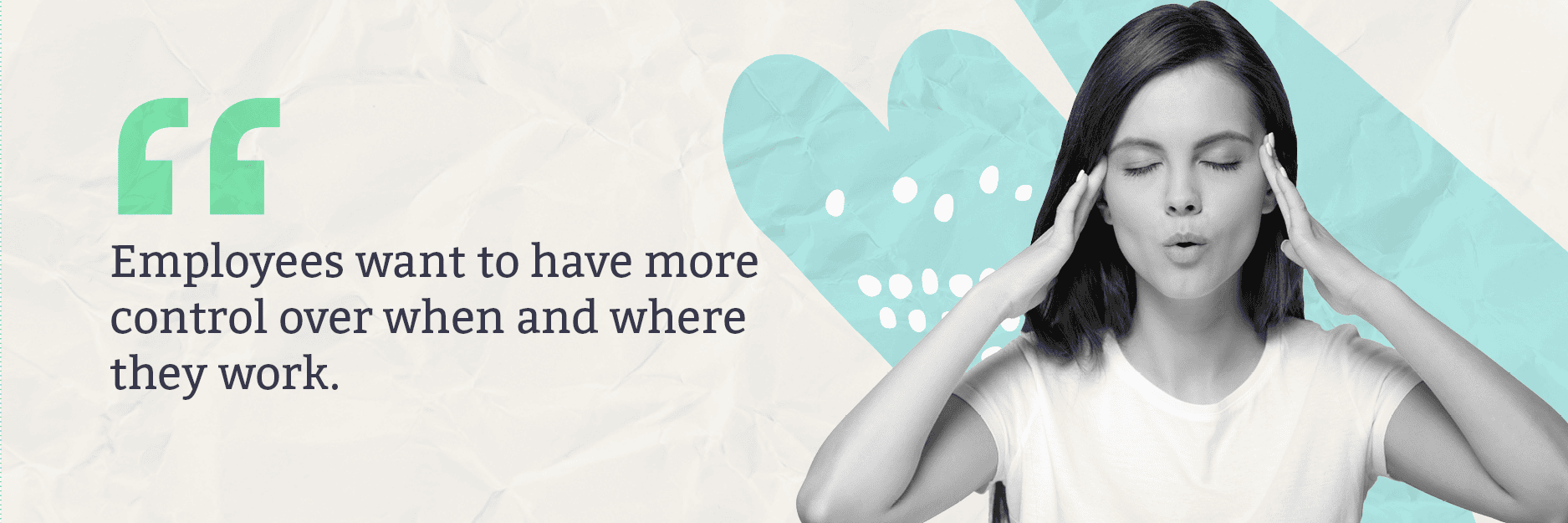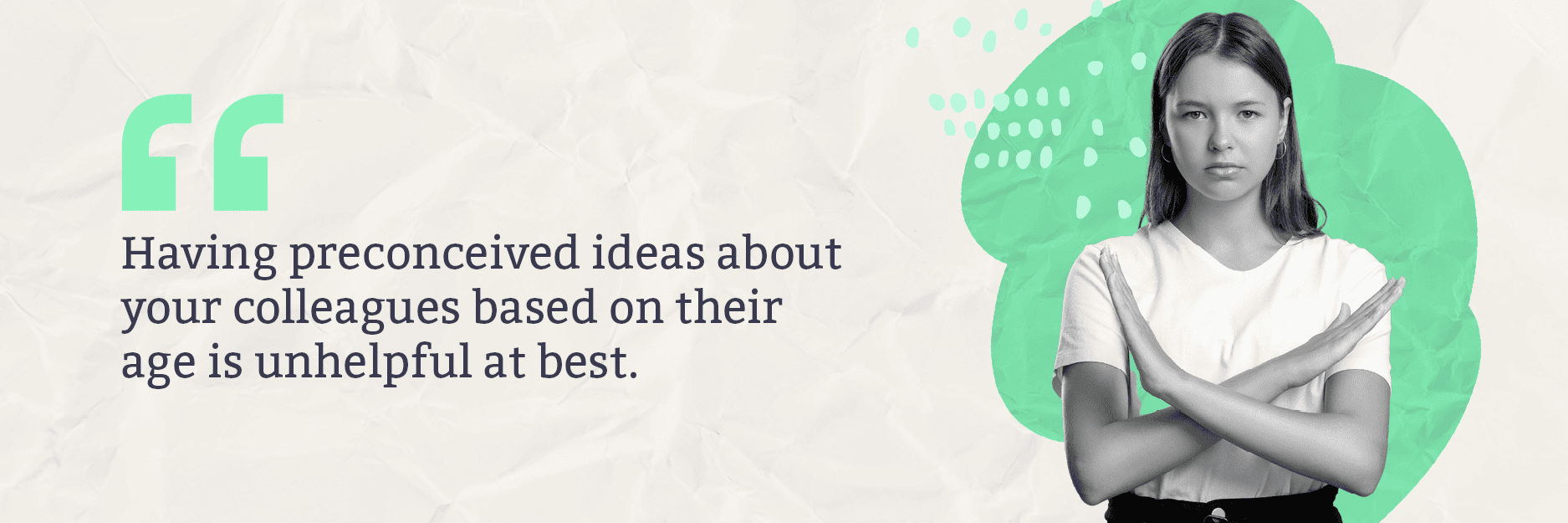Think Nobody Wants To Work Anymore? Here’s Why You’re Wrong

Barry Nyhan
Senior Demand Gen & Marketing Ops
2 Aug 2022

The belief that ‘nobody wants to work anymore’ is nothing new, but it’s totally off base – and bad news for employee experience.
As leaders rush to fill the offices left empty during the pandemic, some are finding a workforce that isn’t so eager to return to the way things used to be, and many believe there’s a simple explanation; nobody wants to work anymore.

That is the conclusion drawn by one in five executive leaders who responded to a survey conducted earlier this year by TinyPulse. The sentiment is largely the reaction to new employee demands around workplace flexibility. Employees want to have more control over when and where they work, and employers that refuse to listen are struggling to retain talent. Rather than consider what it is about their workplace policies that are driving workers away, they conclude that nobody wants to work anymore.
What they fail to understand is that rather than refusing to work, many are refusing to return to a world where work is approached as a one-size-fits-all. This also isn’t the first time that a generation of corporate leaders has taken issue with the demands of its workers, and concluded that people just don’t want to work anymore.
In fact, just about every generation reaches a point where they see a stark contrast between how they remember their early career years, and what they see in those currently in them, and declare that the world has lost its work ethic.

The pattern was well demonstrated by a University of Calgary instructor named Paul Fairie, who recently catalogued instances of the ‘nobody wants to work’ sentiment through the generations on Twitter. The thread begins with the TinyPulse survey from 2022, followed by newspaper clippings that cite the same complaint at regular intervals throughout history, dating all the way back to the 1890s.
It includes a complaint from 1999 that references the dawn of the computer age, a “disgusted businessman” who was quoted in 1979, someone complaining that everyone was “getting too darned lazy” in 1952, and complaints by orchard owners that were struggling to find workers in 1937.
But that’s just the tip of the iceberg. A 2017 BBC article offered a side-by-side comparison of how older generations described millennials with how prior generations had described young adults as they entered their working years. What they found were echoes of the same complaints resurfacing consistently throughout history, dating all the way back to Aristotle in the 4th Century BC.
Every generation, it would appear, is called lazy, entitled, selfish, unrealistic, and immature, and is blamed for ruining everything older adults hold sacred upon entering adulthood. They are consistently criticized for not having as strong a work ethic as the generation before them. This isn’t a feature of a world struggling to embrace more flexible work, or of Gen Z and millennial workers; rather, it seems to be more closely tied to human nature.
Saying ‘nobody wants to work anymore’ is damaging
The problem is that this sentiment isn’t just harmless griping. In a multi-generational workplace, having preconceived ideas about your colleagues based on their age is unhelpful at best, and damaging to workplace culture at worst. Not only does it create unnecessary tension between colleagues, it also prevents workers from enjoying the benefits that come from embracing both experience and fresh perspectives.

So what can be done about it? Understanding that the ‘nobody wants to work’ sentiment has been repeated so consistently throughout history should help us finally break the cycle.
One day we’ll see a new generation demonstrate very predictable traits of youth, pushing boundaries, trying new things, and asking tough questions of the status quo. When that day comes, many will be tempted to consider these traits wholly unique to this new generation, and interpret their desire for change as a refusal to work.
Rather than give into the temptation, I hope we will look back at Mr. Fairie’s viral Twitter thread, the BBC’s 2017 article, and other sources that shine a light on this predictable and recurring pattern.
The next generation will inevitably have a different set of demands for their workplace experience, as Gen Z workers did before them, and millennials before them, and so on. As the next generation begins their careers I hope Gen Z and millennial workers remember what it felt like to enter a workforce that assumed you were lazy and entitled.
I hope this cycle can finally end, and that we instead choose to embrace whatever new way of working is introduced by the next generation with an open mind, understanding that just because they see things differently doesn’t mean they don’t want to work anymore.

